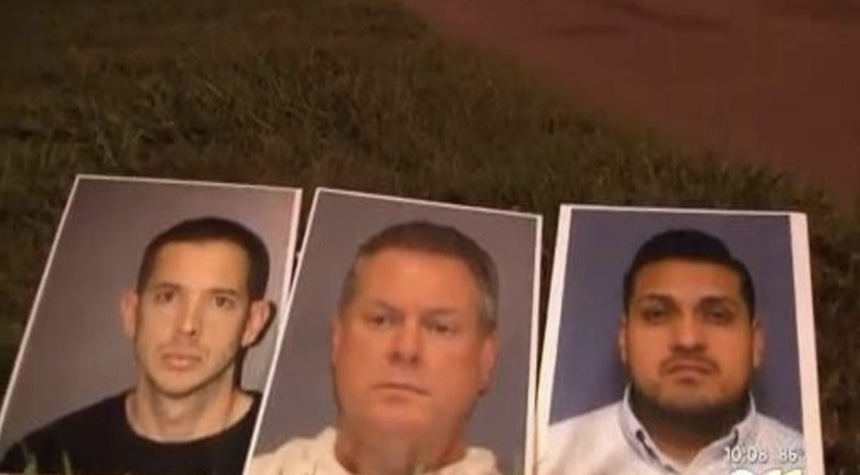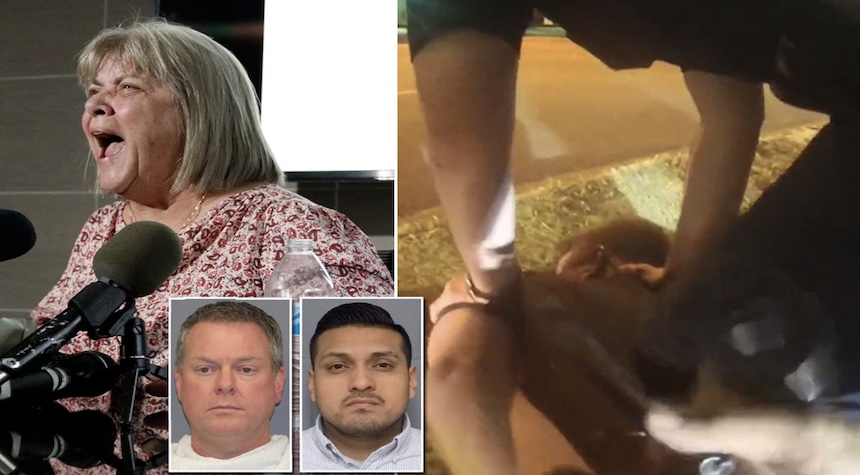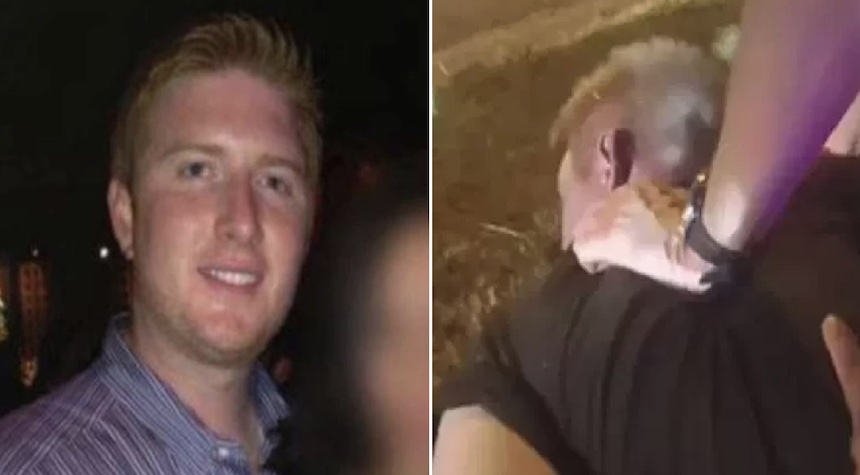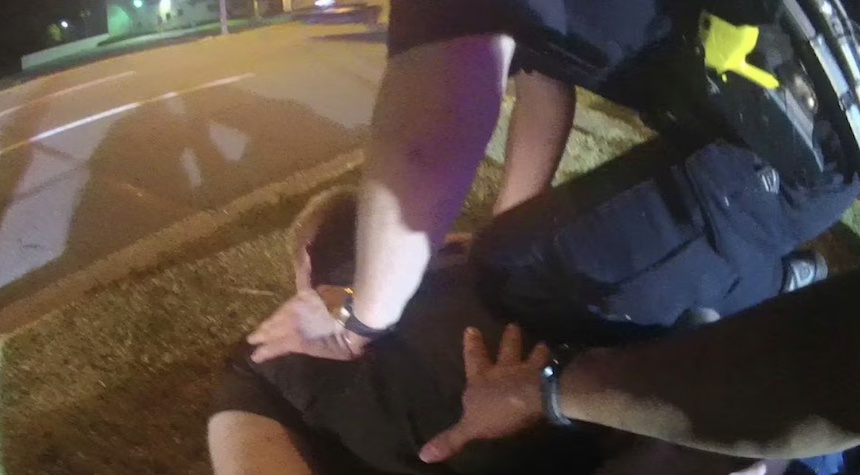The federal jury has delivered their verdict in the case against Tony Timpa who died in 2016 after an encounter with Dallas Police officers. The family of Tony Timpa had filed a lawsuit for wrongful death against three police officers, Dustin Dillard and Raymond Dominguez.
The jury found that the officers were liable in varying degrees for violating Timpa’s constitutional rights. The fourth defendant was Sgt. Kevin Mansell was completely exonerated during the trial. This case raises many questions regarding accountability, transparency, and the legal barriers in place for those who allege abuse by law enforcement.
A federal jury on Wednesday found three Dallas Police officers responsible for the death of Tony Timpa in 2016. They awarded his 15-year-old son $1 million — far less money than his family’s attorneys had requested.
Timpa, a 32-year-old trucking executive, from Rockwall, died during an arrest on 10 August 2016 after calling 911 to ask for help.

The family of Timpa filed a lawsuit for wrongful death alleging that Dallas Police Officer Dustin Dillard had violated Timpa’s Fourth Amendment rights through excessive force, which led to Timpa’s death. They also claimed that officers Raymond Dominguez and Danny Vasquez as well as Sgt. Kevin Mansell did not intervene.
The jury found that all defendants except Mansell were liable on Wednesday.
Geoff Henley, the attorney for the Timpas, urged the jury in his closing arguments on Tuesday afternoon to award the estate of Timpa more than $100,000,000, Timpa’s parents each $40,911,911, and Timpa’s son $120.911,911. The jury decided to award $1 million to his son.
Timpa called 911 from a parking garage while he was suffering from anxiety and schizophrenia. In other calls, it was reported that Timpa had run in the traffic. While waiting for law enforcement officers to arrive, two security guards held him. His death was caused by the altercation that followed.
After 14 minutes, one officer knelt down on his neck. His family is now suing the police officers for civil liability.

The long-awaited civil case against the four Dallas police officers charged with the death of Tony Timpa in 2016 has finally been heard by a jury.
Timpa died in police custody. The Dallas Morning News and NBC 5 received a body-camera video from the police department that showed officers mocking Timpa as he pleaded repeatedly for help while in handcuffs.
Timpa initially called 911 while parked in a parking garage, saying that he had no weapons and was not on his anxiety or schizophrenia medication.
Timpa died within 20 minutes after police arrived.
The legal roadblocks were numerous. The county medical examiner ruled Timpa’s homicide because of a combination of the cocaine in Timpa’s system and the restraint technique used by the officers. A district attorney dropped all charges against the officers by 2019. The district attorney dropped charges against the officers in 2019.
The focus of the trial was on Timpa’s death. The plaintiffs claimed that the cause of death was positional asphyxia caused by the restraint method used by one of the officers. This theory was supported by Dr. Martin Tobin who testified at the George Floyd trial. The defense, on the other hand, insisted that Timpa died of sudden cardiac death caused by the toxic effects of cocaine and the physiologic stress of physical restraint.
The restraint method was also scrutinized.

The prone restraint was also on trial. Has it been a dangerous maneuver against which there has long been a warning? The plaintiffs said yes, citing a report from 1995 from the Department of Justice about the danger of asphyxiation when lying on your back. Tobin and Martin D. Lyman – a professor emeritus of Criminal Justice at Columbia College of Missouri – who testified about the use of force on Timpa – “improper, unreasonable, and unnecessary” – were heavily cited by them.
Is the prone restraint an effective tactic to maintain order? The defense agreed, appealing to the Senior Corporal. Jeffery Metzger, a professor of medicine, an emergency physician and a police officer at the University of Texas Southwestern, as well as Senior Cpl. Sam Hanson is a Dallas Police Department (DPD) trainer. Hanson said, “There were no other options.” He stressed Timpa’s unsteadiness and said that the risk of suffocation in the prone position was “remote.”
Timpa’s private life became a central point in the trial. This included his substance abuse and rehabilitation stints as well as pre-existing medical issues. The defense argued that Timpa’s death wasn’t solely due to the officers’ actions.
A lack of transparency by the local police department is also a problem. Dallas Police Department released the bodycam video of the interaction between Timpa, the police, and Timpa three years after the incident. Detectives told Timpa’s mom contradictory stories about the incident.
The case of Timpa highlights the many challenges that civilians face in trying to hold local governments accountable when they abuse their citizens. The long legal battle Timpa’s parents had to endure highlights how difficult it is to hold officials responsible and reminds us that justice can be fraught with obstacles.

